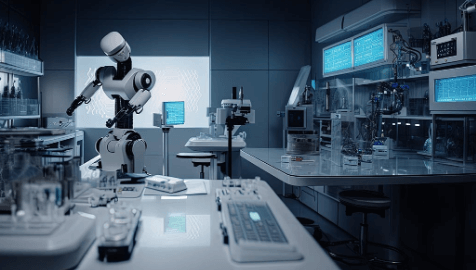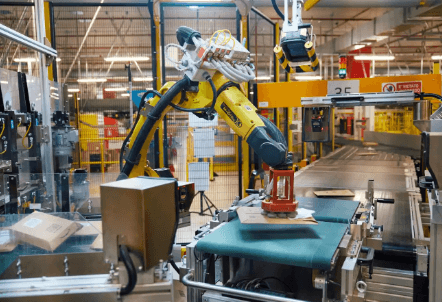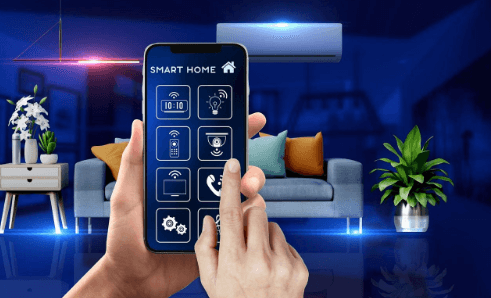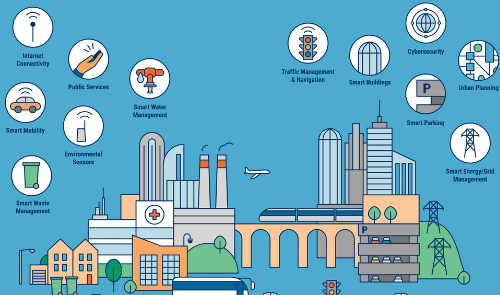How Robotics Are Changing the Future of Healthcare
Robotics are increasingly integrated into healthcare, transforming traditional practices through precision and automation. They enhance surgical procedures, support patient assistance, and foster advanced medical training. While these innovations promise improved outcomes and efficiency, they also raise questions about ethics, regulation, and accessibility. As technological capabilities expand, understanding the evolving role of robotics in medicine becomes essential for shaping future healthcare systems. The implications of these advancements continue to unfold, influencing how care is delivered worldwide.
Advancements in Surgical Robotics
Recent advancements in surgical robotics have significantly enhanced the precision, flexibility, and control of minimally invasive procedures. These innovations leverage robotic precision to reduce patient trauma and improve outcomes.
Future developments aim to expand capabilities, offering greater freedom for surgeons and patients alike. This progress signals a transformative shift toward more autonomous, efficient, and accessible surgical interventions.
Robotics in Patient Care and Assistance
How are robotics transforming patient care and assistance in healthcare settings? Remote monitoring enables continuous, real-time health data collection, empowering patient autonomy.
Robotic prosthetics enhance mobility and independence, offering personalized solutions. These innovations foster a future where patients enjoy greater freedom through advanced robotics that support daily living and health management with precision and adaptability.
Impact on Medical Training and Education
Advancements in healthcare robotics are significantly reshaping medical training and education by providing immersive, practical learning environments. These innovations influence training methodologies and prompt ethical considerations around simulation accuracy and data privacy.
This evolution empowers learners with hands-on experience, fostering skill development and critical thinking, essential for future healthcare professionals to adapt and innovate freely.
Challenges and Future Prospects in Healthcare Robotics
Despite the promising potential of healthcare robotics, several challenges must be addressed to ensure their effective integration into medical systems.
Ethical considerations and regulatory challenges pose significant hurdles, requiring balanced frameworks that protect patient rights while fostering innovation.
Future prospects depend on adaptable policies and transparent standards, enabling robotics to enhance healthcare without compromising safety or autonomy.
See also: How Robotics Are Changing Manufacturing Forever
Conclusion
As robotics continue to evolve, their integration into healthcare promises unprecedented transformation, yet many uncertainties remain. The potential for autonomous surgeries and personalized treatments beckons a future where human and machine collaboration reaches new heights. However, ethical dilemmas and regulatory hurdles cast shadows over this progress. The question persists: how will these innovations reshape the very fabric of patient care and medical practice, ushering in an era where the boundaries of possibility are continually pushed forward?






